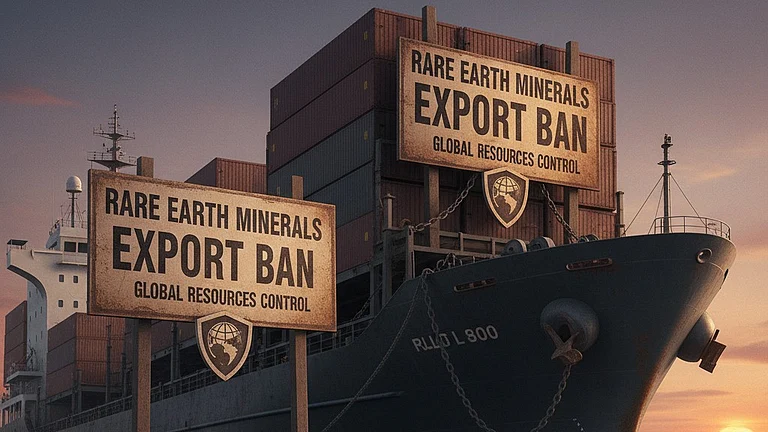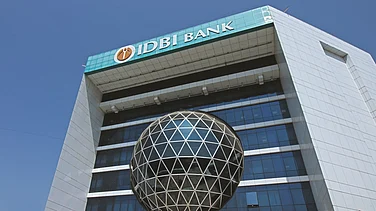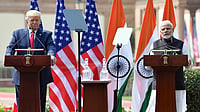
Major global rare earth producers including Lynas Rare Earths, Iluka Resources, and Rainbow Rare Earths have assured India of sufficient rare-earth oxide supply to support the ₹7,350 crore PLI scheme for permanent magnet manufacturing.
India’s sole producer, IREL, can currently supply only 500 tonnes of oxides, with efforts underway to double output and reduce import dependence amid tightening Chinese exports.
The Ministry of Heavy Industries and Department of Expenditure are discussing strategies to balance domestic manufacturing with import requirements under the new incentive scheme.
Major players in the foreign mining and refining industry have assured the Indian government that they will have sufficient stocks of rare-earth oxides to supply to the winning bidders under the ₹7,350 crore production-linked incentive (PLI) scheme, reports said. Major Australia- and UK-based companies, including Lynas Rare Earths, Iluka Resources, and Rainbow Rare Earths, have assured India about the supply as the country gears up its domestic manufacturing of rare earths amid global supply chain concerns after China tightened rare-earth exports.
The Ministry of Heavy Industries is currently engaged in intense inter-ministerial discussions, Business Standard reported. According to the ministry’s estimates, around 1,500 tonnes of rare-earth oxides will be required to produce 6,000 tonnes of rare-earth permanent magnets (REPMs).
The PLI scheme, announced earlier this month, proposes financial incentives, including capital subsidies and sales-based incentives worth ₹7,350 crore, for private players to set up five manufacturing plants with a combined REPM production capacity of 6,000 tonnes per year.
Currently, only Indian Rare Earths Ltd (IREL) produces these oxides and can supply 500 tonnes to the winning bidders under the scheme. The remaining 1,000 tonnes will have to be imported. According to the report, IREL is working toward doubling its output of rare-earth oxides from 500 tonnes to about 800–1,000 tonnes, which could help reduce the import requirement to just 500–700 tonnes.
During an inter-ministerial meeting, the Department of Expenditure (DoE) under the Ministry of Finance highlighted that China has a “stranglehold” not only over REPM production but also over the refining of rare-earth elements used in their manufacture. The DoE noted that while the scheme could reduce India’s dependence on imported REPMs, it may only shift the dependence to imports of rare-earth oxides from other countries to meet the 1,000-tonne shortfall. China holds a near-monopoly in global rare-earth production and supply.
“Bharat Heavy Electricals Ltd (BHEL), which functions under the MHI, informally reached out to about 20 foreign mining and refining firms to check if they would be able to supply rare-earth oxides to the winning bidders. Many of them, including Rainbow Rare Earths, Lynas Rare Earths, and Iluka Resources, responded positively,” Business Standard reported, citing sources. Another source also confirmed that BHEL has informed that they have sufficient stocks of rare-earth oxides to meet the needs of winning bidders for several years and are willing to enter long-term supply contracts, the report said.





























